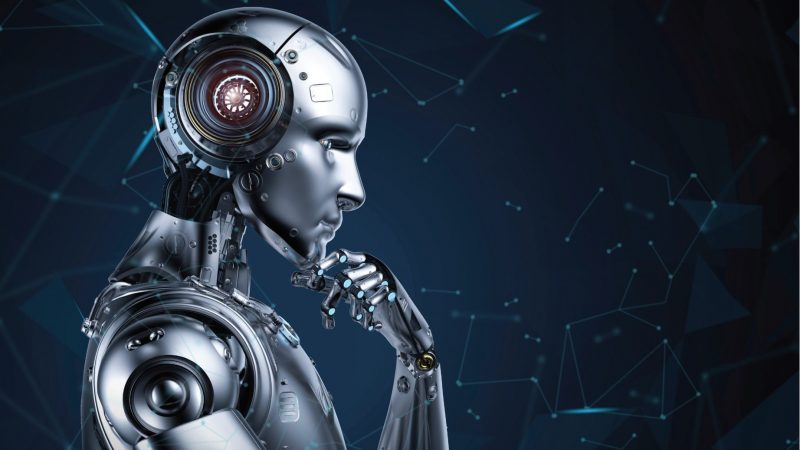Artificial Intelligence (AI) is transforming the workforce at an unprecedented pace. Automation, machine learning, and AI-driven systems are replacing routine tasks, changing job roles, and creating new opportunities. As AI continues to shape industries, employees and students must adapt to this evolving job market by developing future-proof skills. While some jobs may become obsolete, new careers will emerge, requiring a blend of technical expertise, creativity, adaptability, and emotional intelligence. This blog explores the skills that will be in high demand in an AI-driven future and how individuals can prepare for the workforce of tomorrow.
1. Technical Skills - AI, Data Science & Automation
1.1 AI & Machine Learning
AI is revolutionizing industries, from healthcare to finance. AI specialists, data
scientists, and machine learning engineers will be highly sought after to develop
and manage AI systems.
Key Skills:
- Programming languages like Python, R, and TensorFlow
- AI model training and deep learning algorithms
- Understanding AI ethics and responsible AI development
1.2 Data Science & Analytics
1.2 Data Science & Analytics
Data is the new oil, and businesses rely on AI-driven insights to make decisions.
Professionals who can analyze big data, identify patterns, and make data-driven
recommendations will have a competitive edge.
Key Skills:
- Data visualization & statistical analysis
- SQL, Tableau, and cloud computing
- Predictive modeling & business intelligence
1.3 Robotics & Automation
With robotics automating tasks in manufacturing, healthcare, and logistics, the
demand for robotics engineers and automation specialists is increasing.
Key Skills:
- Programming industrial robots
- Understanding IoT & smart automation
- Robotics process automation (RPA)
2. Soft Skills: Human Abilities That AI Can’t Replace
While AI excels in processing data, it lacks empathy, emotional intelligence, and human creativity. The future workforce must develop strong interpersonal and cognitive skills to remain indispensable.
2.1 Critical Thinking & Problem-Solving
AI can provide answers, but humans must ask the right questions and interpret
insights. Employers will prioritize individuals who can analyze complex problems and
develop innovative solutions.
Key Skills:
- Logical reasoning and decision-making
- Risk assessment and strategic planning
- Adapting AI-driven insights to real-world challenges
2.2 Creativity & Innovation
Automation may handle repetitive tasks, but creativity is uniquely human. Artists,
designers, engineers, and marketers who leverage AI tools for creative purposes will
thrive.
Key Skills:
- Creative problem-solving
- Human-centered design thinking
- AI-enhanced content creation
2.3 Emotional Intelligence & Leadership
AI lacks empathy and emotional intelligence—qualities essential for leadership,
conflict resolution, and team collaboration.
Key Skills:
- Active listening & communication
- Managing diverse teams
- Conflict resolution & emotional intelligence
3. Conclusion
The future of work is not about AI replacing humans, but about humans and AI working together. By developing technical skills, enhancing human capabilities, and staying adaptable, individuals can thrive in an AI-driven job market.
Leave a Reply
Your email address will not be published. Required fields are marked *







